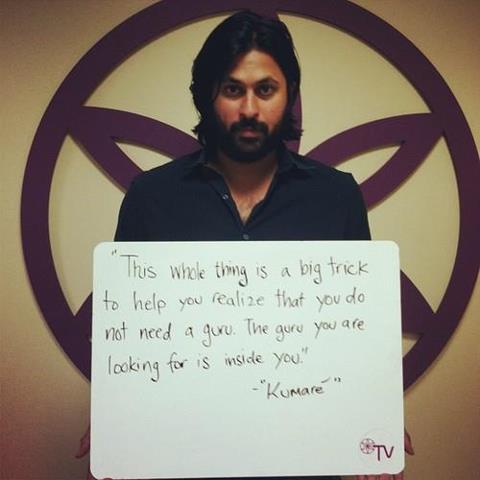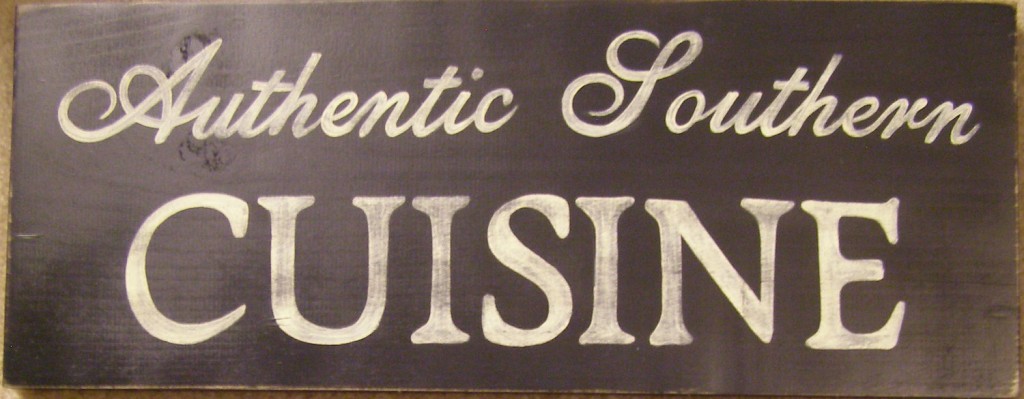“While British colonial administrators fabricated ‘Indianness’, Hindu intellectuals were formulating Hinduness by resorting to ‘strategic syncretism’. According to Christophe Jaffrelot, this involved ‘structuring one’s identity in opposition to the Other by assimilating the latter’s prestigious and efficacious cultural characteristics’: ‘The appearance of an exogenous threat awakened in the Hindu majority a feeling of vulnerability, and even an inferiority complex, that justified a reform of Hinduism borrowing from the aggressor its strong points, under the cover of a return to the sources of a prestigious Vedic Golden Age that was largely reinvented but whose “xenology” remained active’.*… In short, the reinterpretation of India’s ‘Hindu’ past by the nationalists and their instrumentalisation of ‘tradition’ for militant political purposes have for nearly a century sustained a political identity unprecedented in the cultural landscape of the sub-continent, by incorporating foreign representations into Hinduism — e.g., egalitarian individualism, proselytisation, ecclesiastical structures — and by seeking to ‘homogenise in order to create a nation, a society that is characterised by extreme differentiation’.** On the Indian political chessboard, the celebration of a golden Vedic age is a mere fig-leaf concealing modernity, like the versions of African ‘authenticity’ that developed in the wake of the colonial invention of tradition…” (37-38)
* Christophe Jaffrelot, Les Nationalistes hindous (Paris: Presses de la Foundation Nationale des Sciences Politiques, 1993, p. 24, 41).
** Ibid., 83-4.
[This is one of an ongoing series of posts, quoting from Bayart’s The Illusion of Cultural Identity, that further documents the theoretical basis
on which Culture on the Edge is working.]



 My wife and a good friend recently went to
My wife and a good friend recently went to  While listening to the radio on the way home from work the other day I caught an
While listening to the radio on the way home from work the other day I caught an  This morning on the radio I heard a story, rebroadcast from September 2012, on the recent film “
This morning on the radio I heard a story, rebroadcast from September 2012, on the recent film “ If you are waiting for Jesus’s second coming, today is the day, in the sonic form of Yeezus – Kanye West’s 6th solo album that has everyone talking, criticizing, buzzing, praising, and worshipping. Like the figure Jesus – and many scholars, I might add – Kanye is a master rhetorician (so don’t worry about his lyrics becoming flesh). He takes words, and twists and bends them into pliable strategies that more often than not work well for his market. He commands power and authority – not by virtue of what he claims, confesses, and professes – but rather, by using the pre-packaged power and authority that society has granted to particular words (and ideas) – like slave and god. Social theorist Bruce Lincoln reminds us that things such as authority are not entities unto themselves. Rather, they are effects that have to be authorized in particular ways across time and space. So what’s all the
If you are waiting for Jesus’s second coming, today is the day, in the sonic form of Yeezus – Kanye West’s 6th solo album that has everyone talking, criticizing, buzzing, praising, and worshipping. Like the figure Jesus – and many scholars, I might add – Kanye is a master rhetorician (so don’t worry about his lyrics becoming flesh). He takes words, and twists and bends them into pliable strategies that more often than not work well for his market. He commands power and authority – not by virtue of what he claims, confesses, and professes – but rather, by using the pre-packaged power and authority that society has granted to particular words (and ideas) – like slave and god. Social theorist Bruce Lincoln reminds us that things such as authority are not entities unto themselves. Rather, they are effects that have to be authorized in particular ways across time and space. So what’s all the  Have you heard of Nestlé’s new product “Resource”? With bottled water a competitive
Have you heard of Nestlé’s new product “Resource”? With bottled water a competitive  Perhaps one of the more important articles demonstrating, in a practical situation (the production and sales of so-called Oriental carpets), how discourses on authenticity are ways of managing an otherwise unregulated economy of signification (both meaning and value), is
Perhaps one of the more important articles demonstrating, in a practical situation (the production and sales of so-called Oriental carpets), how discourses on authenticity are ways of managing an otherwise unregulated economy of signification (both meaning and value), is 